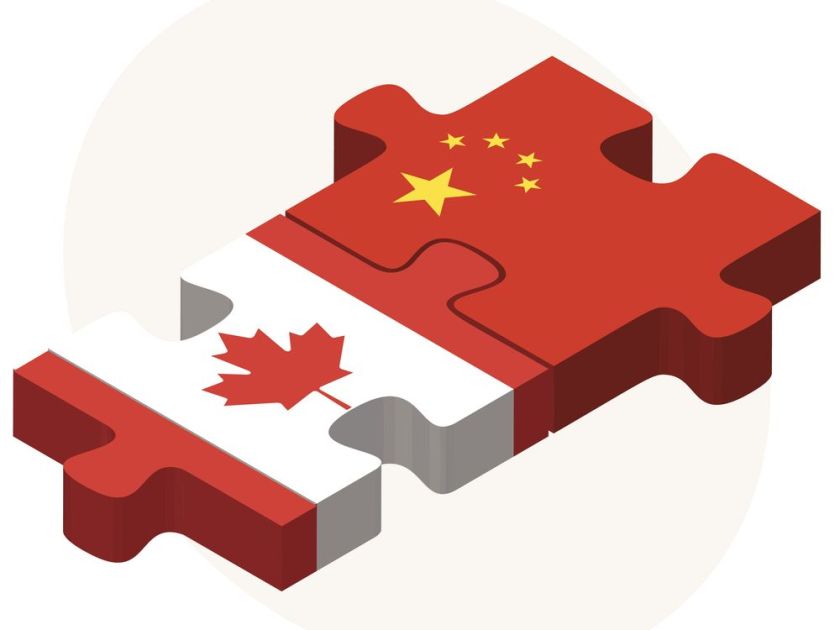The Agriculture Sector Will Survive This Trade War But There Will be Casualties

The agricultural pedagogy of a global trade disruption. It’s a lofty, detached way of talking about the current conditions that are affecting lives and testing the fiscal thresholds of many Canadian farms
Amid the dissolution of important agricultural trade networks, there’s a learning opportunity that we’d be wise to take seriously. It’s the silver lining on a bad situation.
Farming is a global enterprise. Farmers know this and are so comfortable operating under this assumption that many forget it’s something consumers need to be reminded of.
“How Canada comes out of this depends on how well lawmakers comprehend the way things are, how they got there and where they should be”
Canola prices remain low and China’s doors remain closed. Meanwhile, Canadian soybean exports to China have slowed to nominal. “In January and February Canadian soybean exports to China totalled just 2,398 tonnes, or an average of 1,199 tonnes — a drop of 99.9 per cent,” reported Allan Dawson in the Manitoba Cooperator.
The U.S.-China trade war drove down Canadian soy prices, which are based off of figures set in Chicago. China, while still accepting soybeans from Canada, is finding opportunity in Brazil — a demand that is diminishing as African swine fever has ravaged its hog population.
The loss of China as a viable market in the short term has meant new trade relationships must be started and/or strengthened. This is something the U.S. is doing, too.
Wanting a seat at the table may not be enough. We may have to be focused, assertive and smart, representing Canada’s robust agriculture industry with a razor sharp understanding of what exactly it is and an appreciation for what it means to the nation.
The industry is set up to deal with this complexity. Provincial grower groups represent farmers and work with governments on funding models, business risk-management programs, research, general policy and on making sure farms are able to remain as competitive as possible.
National groups do the same. They monitor rail movement. They work with the federal government on many files, one of which is global trade.
Understanding modern agriculture and the industries that support it with an open mind is not the same as sleeping with the enemy, selling out, or being in the back pocket of Big Ag. Rather, understanding modern agriculture and how its synapses fire all over the world is the key to resolving our current crisis.
How Canada comes out of this depends on how well our lawmakers are able to comprehend the way things are, how they got there and where they should/could be.
We need a government that understands and respects Canada’s role in the global agricultural network and is equipped and willing to position us intelligently in a highly competitive and wildly unpredictable game of chess. I’d say hardball, but the analogy is too simple.
As a boots-to-the-ground farmer, this is the time of year when we need industry and government to represent us on the local, national and global stage.
Our minds are now split between continually trying to make decisions in a wildly unpredictable marketplace and the hope and general optimism that accompanies the seeding season.
We finished seeding wheat last week and we’re now into our soybeans. The ambivalence is palpable. I’m used to experiencing nothing but positivity for the upcoming year during seeding season. It’s still there. Farmers more seasoned than me are resilient and are used to weathering market storms. But none of them is easy to endure.
The agriculture sector will come out of this, but it won’t do so without casualties.
Agriculture is a muscle we have in Canada. It’s a sizable part of what we do and who we are. There are a lot of people willing to work in tandem to resolve these trade issues. They just need reassurance that all the players know the basic rules of chess and Canada’s role in it.
Source: the Financial Post












